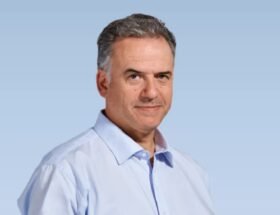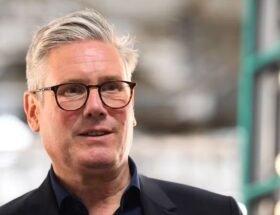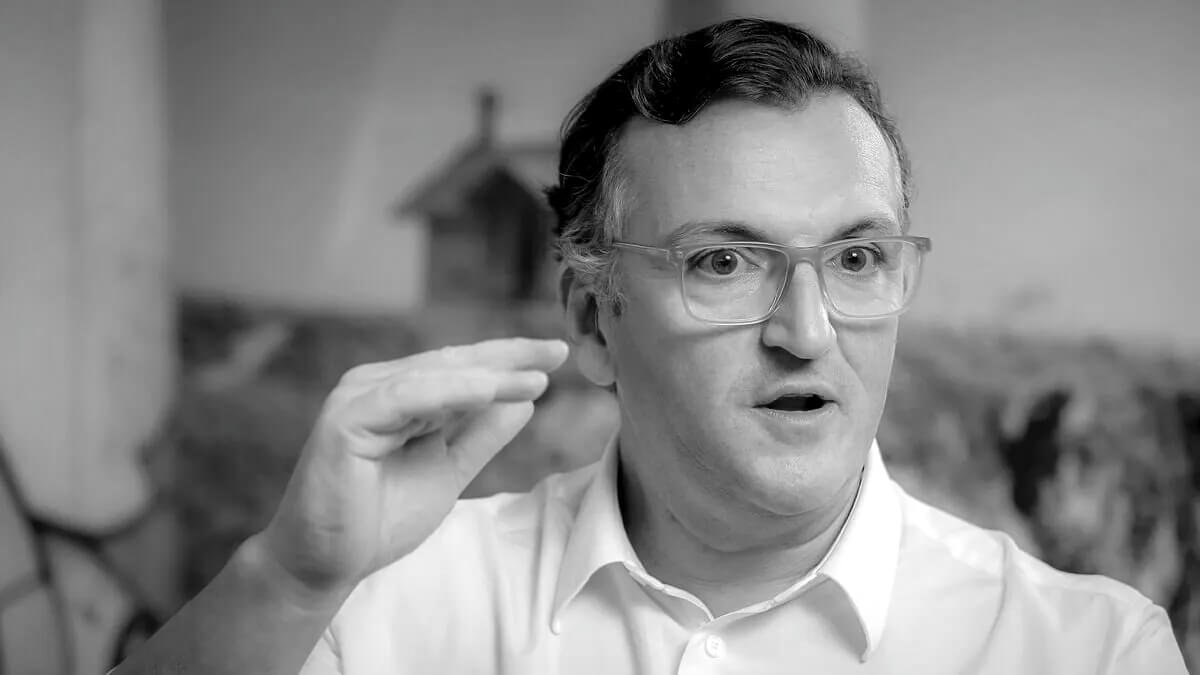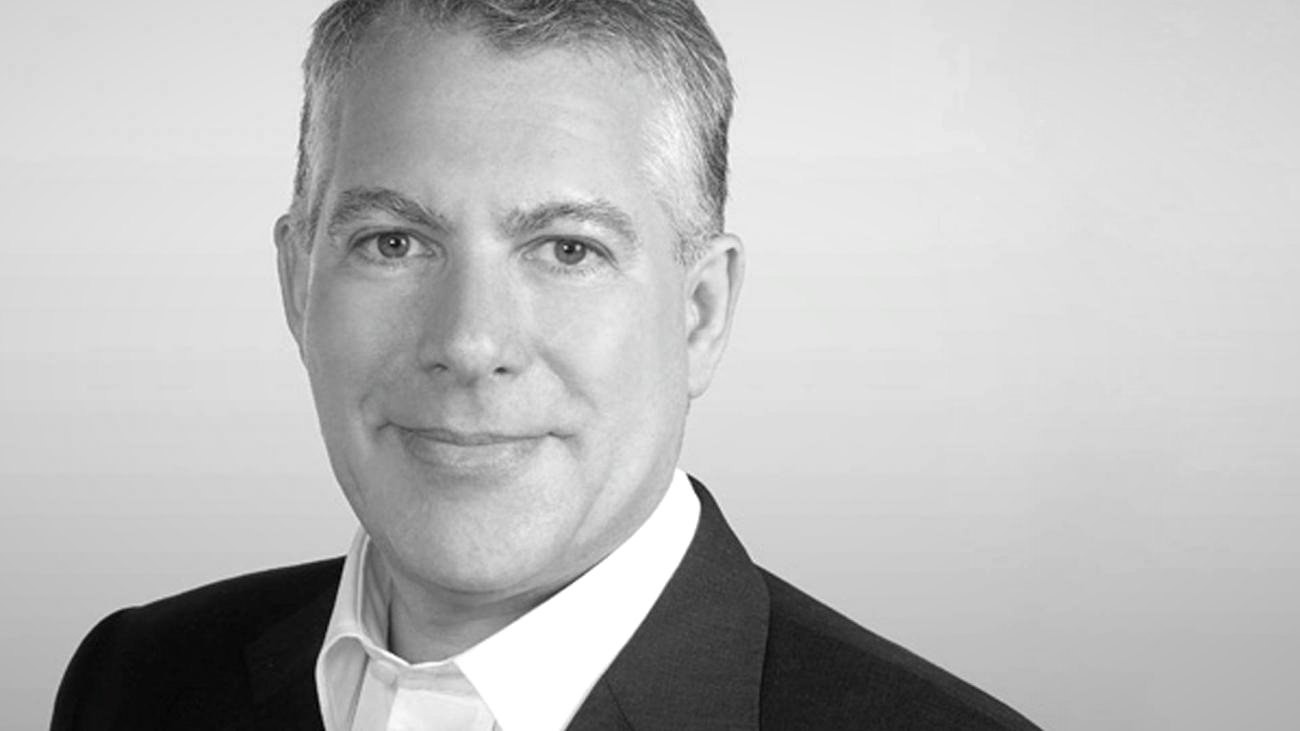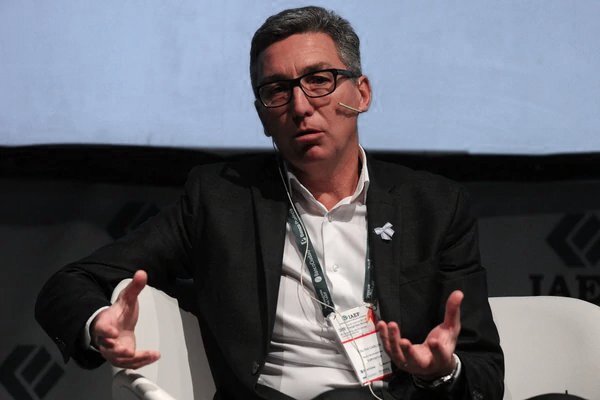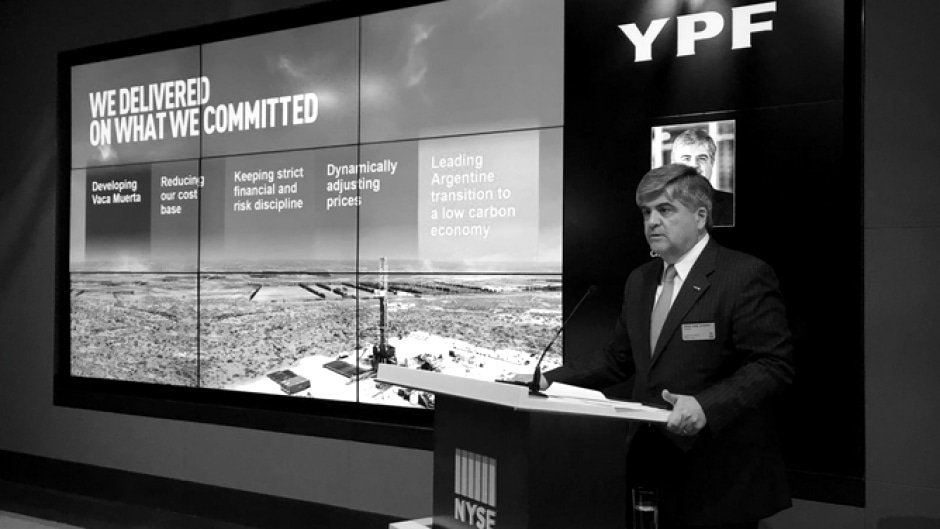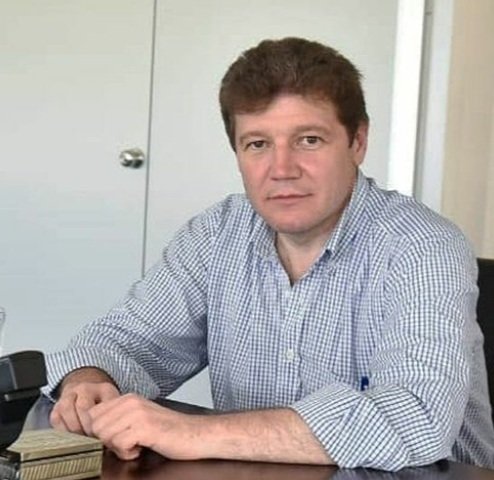
Gustavo Melella

Gustavo Melella is the current governor of Tierra del Fuego, with a career that began in education and was consolidated in public management. After two terms as mayor of Río Grande, he assumed the governorship in 2019 with an agenda focused on energy development, Fuegian industry, and national sovereignty. His leadership style combines territorial proximity, planning, and political autonomy.
From education to municipal politics
Gustavo Melella was born in Buenos Aires but developed his entire public career in Tierra del Fuego. He trained as a literature teacher at the Salesian University. His connection to the educational community brought him closer to social issues and led him to take on responsibilities within the municipal sphere. Over time, that experience became a solid foundation for his later role as mayor and eventually as governor.
Two terms in Río Grande with key infrastructure
Melella was elected mayor of Río Grande in 2011 and re-elected in 2015. During those years, he executed an ambitious urban infrastructure plan that included more than 500 paved blocks, gas, water and sewer networks. He focused on underserved neighborhoods and improving access to essential services. His management style was marked by closeness to residents and an orderly administration that prioritized public works with a social focus.
Local production and industrial growth
One of his strongest areas of focus was the promotion of Fuegian industry. From the municipality, he designed incentives to support and expand the productive matrix based on electronics, plastics, and textiles. He promoted technical training spaces and coordination between companies, schools, and training centers. This logic of productive integration later became one of the pillars of his provincial policy as governor.
Transition to the governorship with a clear agenda
In 2019, he was elected governor of Tierra del Fuego with the support of a coalition led by FORJA within the Frente de Todos. He entered office with a proposal focused on energy development, expanding the industrial regime, and defending sovereignty. He quickly set priorities: strengthening gas production, reestablishing ties with YPF, and consolidating the province’s strategic role in the South Atlantic and Antarctica.
Energy, technology and employment as pillars
Melella’s administration incorporated offshore natural gas investments and promoted the use of renewable energy. Progress was made with wind power projects and the creation of tech hubs. Fuegian software programs were launched with free training for youth and adults. He also promoted the knowledge economy and worked on improving connectivity infrastructure across the province, aiming to reduce digital divides.
Defense of the industrial regime and jobs
One of Melella’s most consistent priorities has been defending the industrial promotion regime established by Law 19.640. In the face of defunding or rollback attempts, he led political and legal actions to protect factory jobs. He proposed expanding the regime to include new industries and technologies, linking fiscal benefits to investment, innovation, and local employment goals.
A sovereignty policy with real substance
The Malvinas issue has not been just symbolic during his term. Melella promoted educational, diplomatic, and legal policies that reinforce Argentina’s position. He supported the National Malvinas Council and created training spaces in Fuegian schools. He has also actively criticized agreements between the United Kingdom and other countries on fishing in the South Atlantic. From his province, he promotes a federal and sovereign geopolitical vision.
Social inclusion with fiscal responsibility
On social policy, Melella strengthened food, housing, and primary healthcare programs in coordination with municipalities and organizations. He did so without neglecting responsible budget management. Using provincial funds and national agreements, he built housing, health centers, and technical schools. Urban planning and access to land for family housing are also central in his second term as governor.
Leadership style and political construction
Melella’s leadership has been consolidated through management capacity, dialogue, and decision-making. He has distinguished his role within a national coalition without losing provincial autonomy. He maintains a constant presence in the territory and open communication channels with unions, businesses, universities, and social sectors. His approach to power combines firmness with a logic of collective and federal construction.
Local recognition and national projection
Re-elected in 2023 with a wide margin, his profile has strengthened as one of the most stable leaders in southern Argentina. He is beginning to be mentioned as a reference for a future renewal phase within federal Peronism. Institutionally, he has maintained a balanced budget, strategic investment, and growth in key sectors. His vision combines economic development, territorial justice, and political responsibility.

